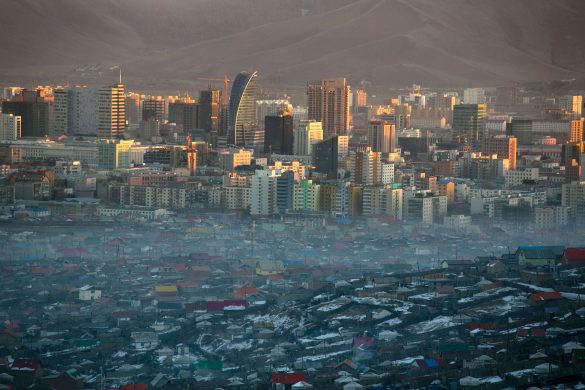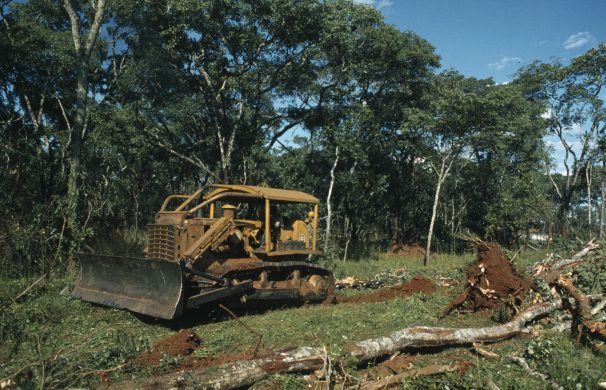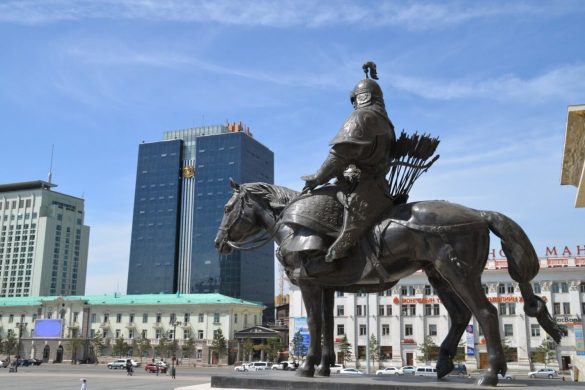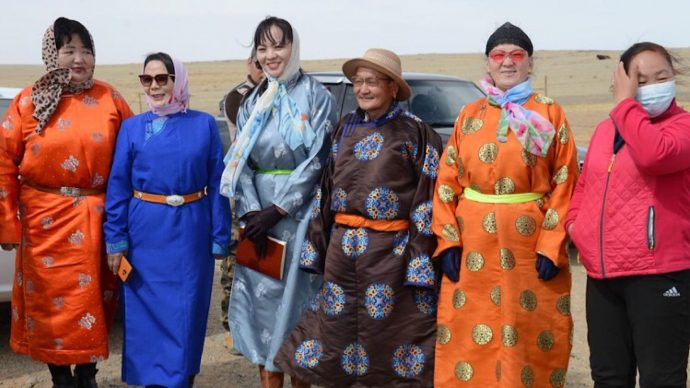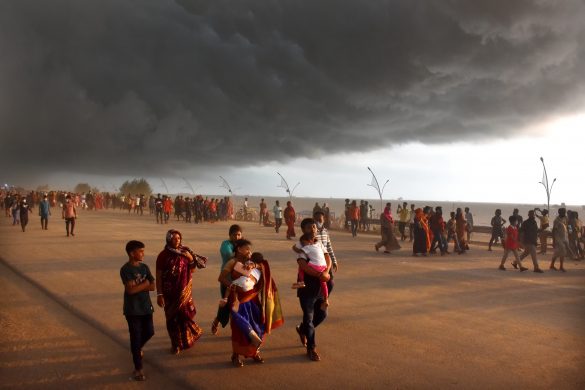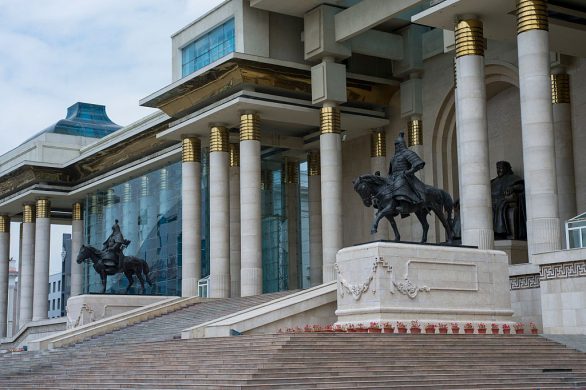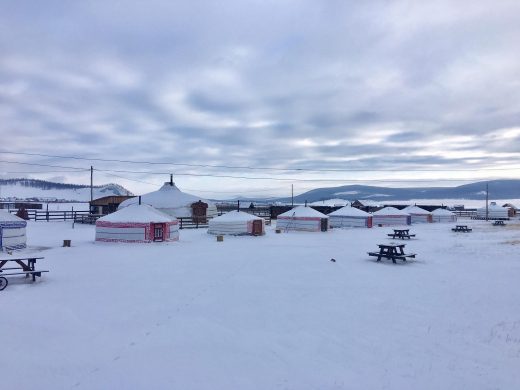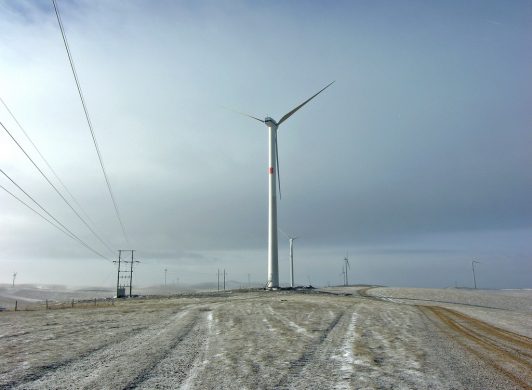Dzud

A zud or dzud (Mongolian: зуд) is a Mongolian term for a severe winter in which large number of livestock die, primarily due to starvation due to being unable to graze, in other cases directly from the cold. There are various kinds of zud, including white zud, which is an extremely snowy winter in which livestock are unable to find nourishing foodstuff through the snow cover and starve.
One-third of Mongolia's population depends entirely on pastoral farming for its livelihood, and harsh zuds can cause economic crises and food security issues in the country.[1] This natural disaster is unique to Mongolia.
Kilde: Wikipedia
VATICAN STATE, 5 January 2016 (Caritas): This winter will likely see vast swathes of the Mongolian steppe hit by the extreme weather phenomenon known as a “dzud”. Fears are growing of a devastating humanitarian crisis.
Temperatures have dropped to -50C and pasture is covered with 90 cm of snow. Some of the main roads have been closed due to the snowfall. The cold is likely to get worse say meteorologists.
“The most affected people are nomadic herders,” said Caritas Mongolia’s director Fr. Pierrot Kasemuana. “Some of them are caught in the hills and mountains. They could end up isolated and exposed to cold and starvation.”
Help needed
The Mongolian government has requested international support. “The needs are urgent,” said Fr. Kasemuana. Caritas Mongolia has sent 200 boxes of warm clothes to some of the most affected communities.
After previous dzuds, thousands of families lost all or most of their animals and herders have been deprived of their only source of income. Many were forced to move to slum areas on the outskirts of the capital Ulaanbaatar and other urban centres.
“Considering that more than one-third of Mongolian population depends entirely on pastoral farming for its livelihood, harsh dzuds can cause economic crises and food security issues the country,” said Fr. Kasemuana.
Around a fifth of the population have moved to Ulaanbaatar, a doubling of the city’s number of inhabitants. Large-scale migration to the cities exacerbates social problems such as unemployment, alcoholism and extreme poverty.
Temperatures on average in Mongolia have risen by 2.07 degrees over the last 70 year. This is more than double the global average. Warm weather in the summer has exacerbated the dzud. Less fodder is grown for the livestock. In winter, livestock can’t get to the grass buried under the snow or ice, so more fodder is needed. There was a dzud last winter that killed more than 1 million animals.




